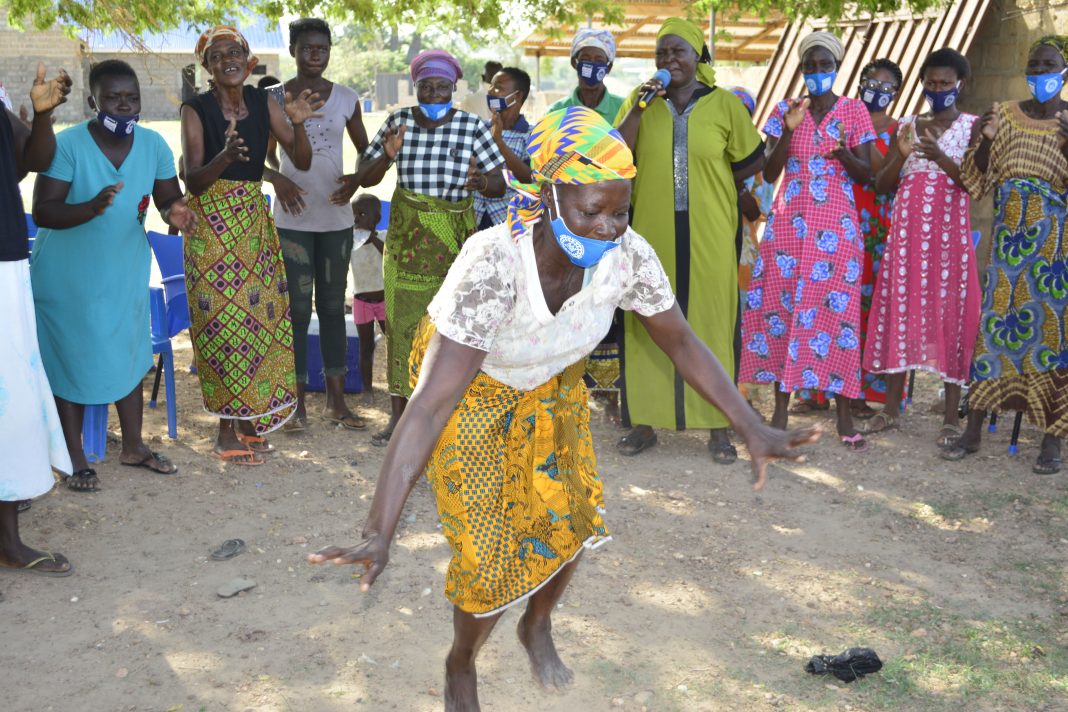Without the presence of a valid Will, the Intestate Succession Law, 1985 promotes spousal inheritance of property and assets. The Intestate Succession law which exists in books can be considered as one of the unrecognized laws in Ghana since many women after the death of their spouse, are denied the opportunity to inherit the property of their late partners.
In the Upper East Region, for instance, the customary practices have it that only men are allowed to inherit and the oldest son of the deceased inheriting the greatest portion. In a situation where a female is the oldest child of the deceased, she is not qualified to inherit property such as farmland.
This practice of inheritance forbids women from inheriting the property of their late partner, neither can they inherit from their parent’s side. This customary practice has denied a lot of women the right to enjoy properties they acquire together with their late spouses.
Adongo Diana engages in petty trading in Pologo, a farming community in the Bolgatanga East District of the Upper East Region. She is a Secretary to the ‘Agmebezele Nuyine Group’, a women group that is into Village Savings Loans. She hopes to further her education by getting enrolled in any of the teacher training colleges in the country.
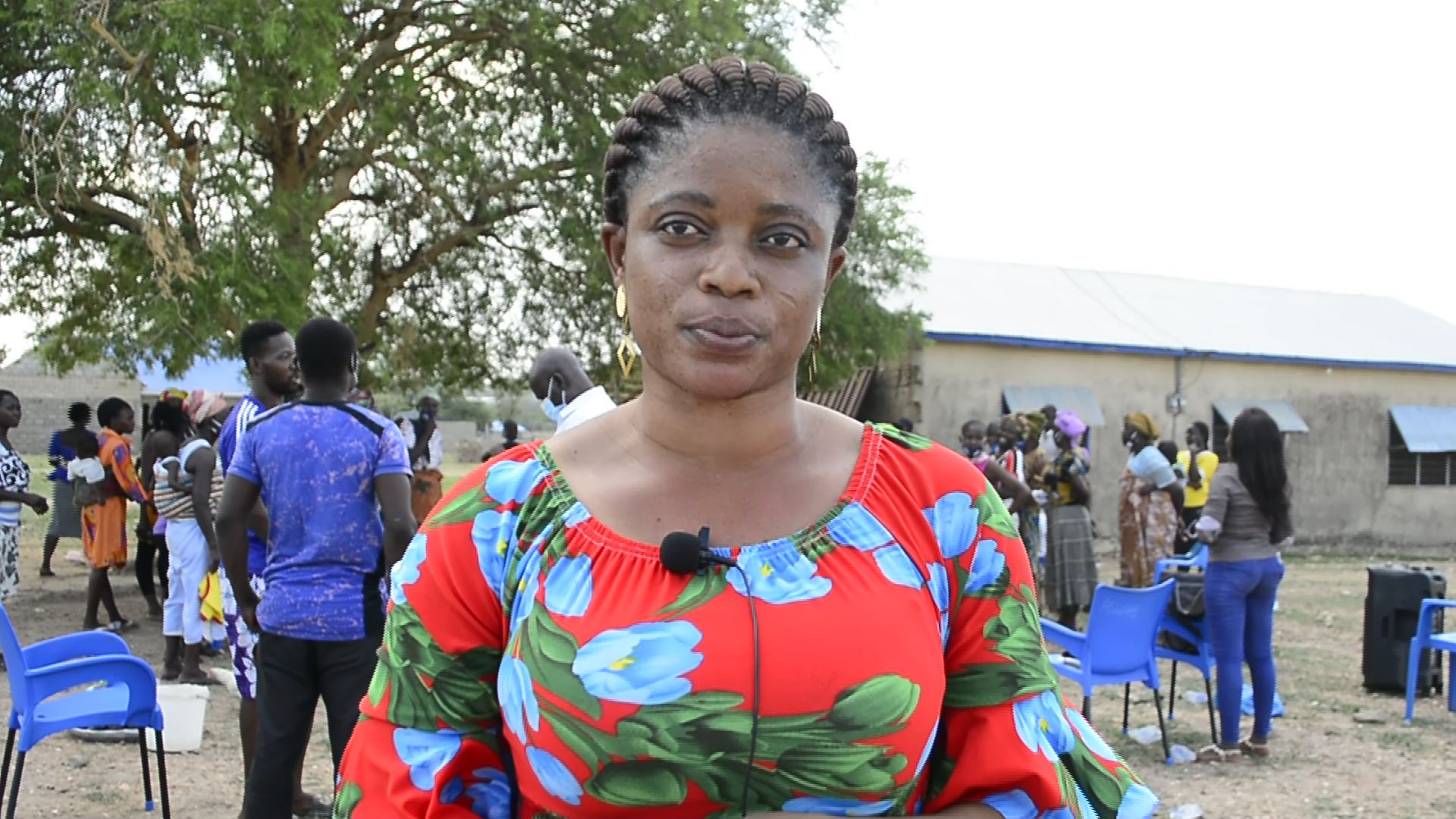
Ms. Diana lives in the community with her husband. But due to the customary practice in the Upper East Region on inheritance, she is worried that she may be denied property that she toiled with the husband if the husband dies without a valid Will.
“I am very afraid. I am afraid because I live with my husband but we have no child yet. Assuming, God forbid, if my husband has not put on a Will and passes on and just because I haven’t given birth yet, his relatives could sack me from the house just because I haven’t delivered.”
This anxiety is not only staring at the face of Diana, but many women in the Upper East Region feel the same. Nmabila Atinga from Pologo community shares similar sentiments.
“We have experienced instances where women are denied property they labored with the late husband. When the unfortunate thing happens, relatives of the man take possession of the property. There are instances too, the woman and her children are given a share of the property. So we are afraid and we don’t know what could happen to us if our husbands die without a valid Will.”
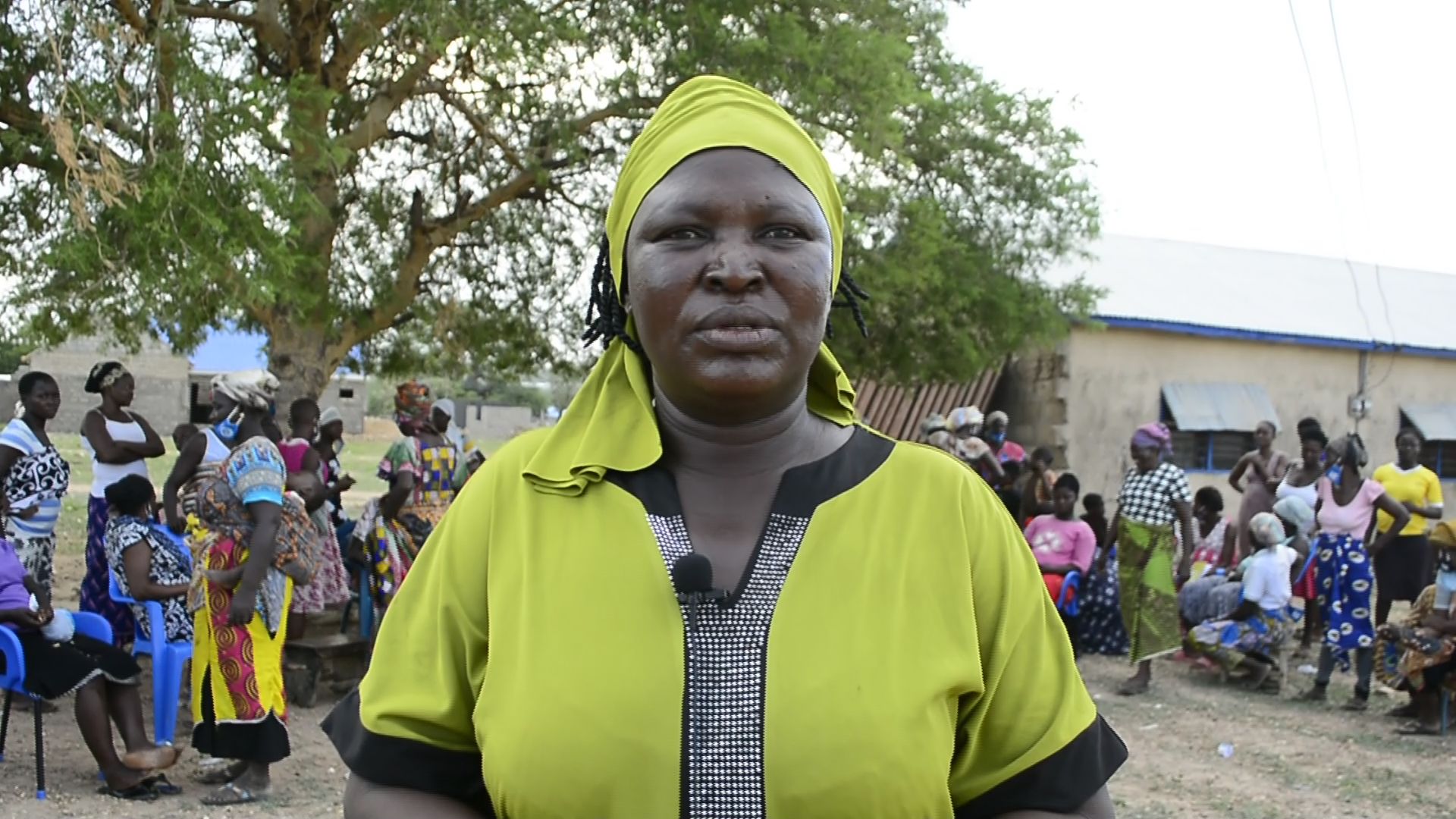
In order to curb the unforeseen, women have been encouraged to prepare a valid Will for their children to inherit their properties in the event of death.
The Upper East Regional Director of the Commission on Human Rights and Administrative Justice (CHRAJ), Lawyer Jalaldeen Abdulai who made this clarion call has also admonished women to encourage their partners to prepare a valid Will so that their children, especially the girl-child can inherit their properties such as land in the event of death.
“These are women who are yearning to see to the betterment of the children tomorrow but because they don’t know, some men are taking undue advantage of them. So, for their girl-child to inherit them, why wouldn’t they do a Will? Because, once you do a Will, nobody can change it. If not, the way they are suffering, if they die or the partner dies, their children especially the girl-child will also suffer the same.”
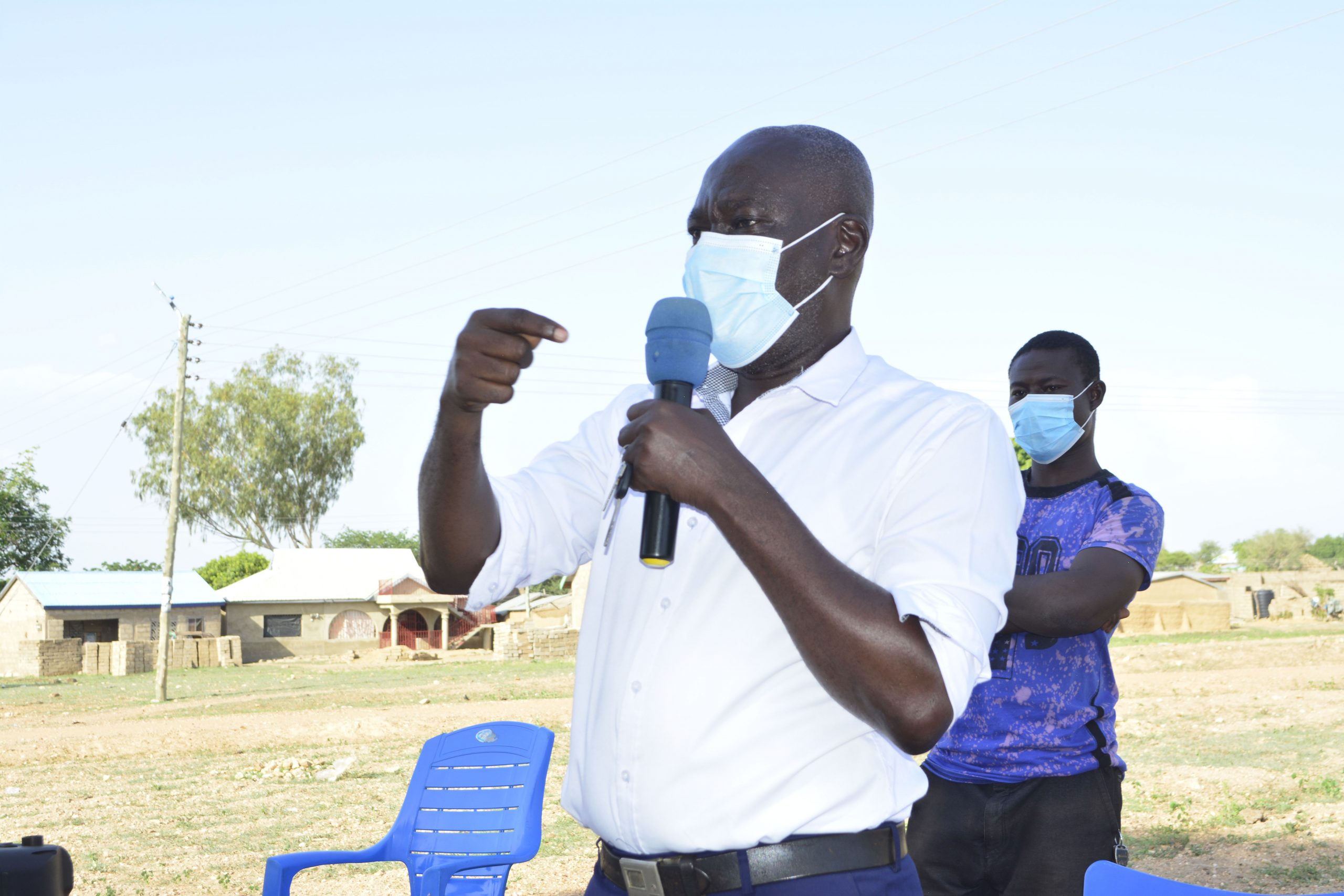
According to Lawyer Jalaldeen the customary practice in the region which denies women equal opportunity to inheritance infringes on the fundamental human rights of women.
“Sometimes, the women even finance the men to get these properties but because of that culture or tradition, the women don’t come forward to claim ownership of the properties. But if the man dies, the brothers who don’t know what contribution the woman put in acquiring that property, come to confiscate it. That is abuse and it is a violation of the rights of women. So the women can always report to us (CHRAJ) for us to intervene on their behalf.”
This came to light when the Widows and Orphans Movement (WOM), a Non-Governmental Organization in partnership with Plan International Ghana ended its series of capacity-building engagements for women and girls in the Pologo community in the Bolgatanga East District.
The sensitization exercise was on the Marriage Act and the Intestate Succession Law (PNDCL 111), in 10 communities in the Bolgatanga East and Nabdam districts with funding from the Global Affairs Canada under a project known as ‘Women Voice and Leadership (WVL)’.
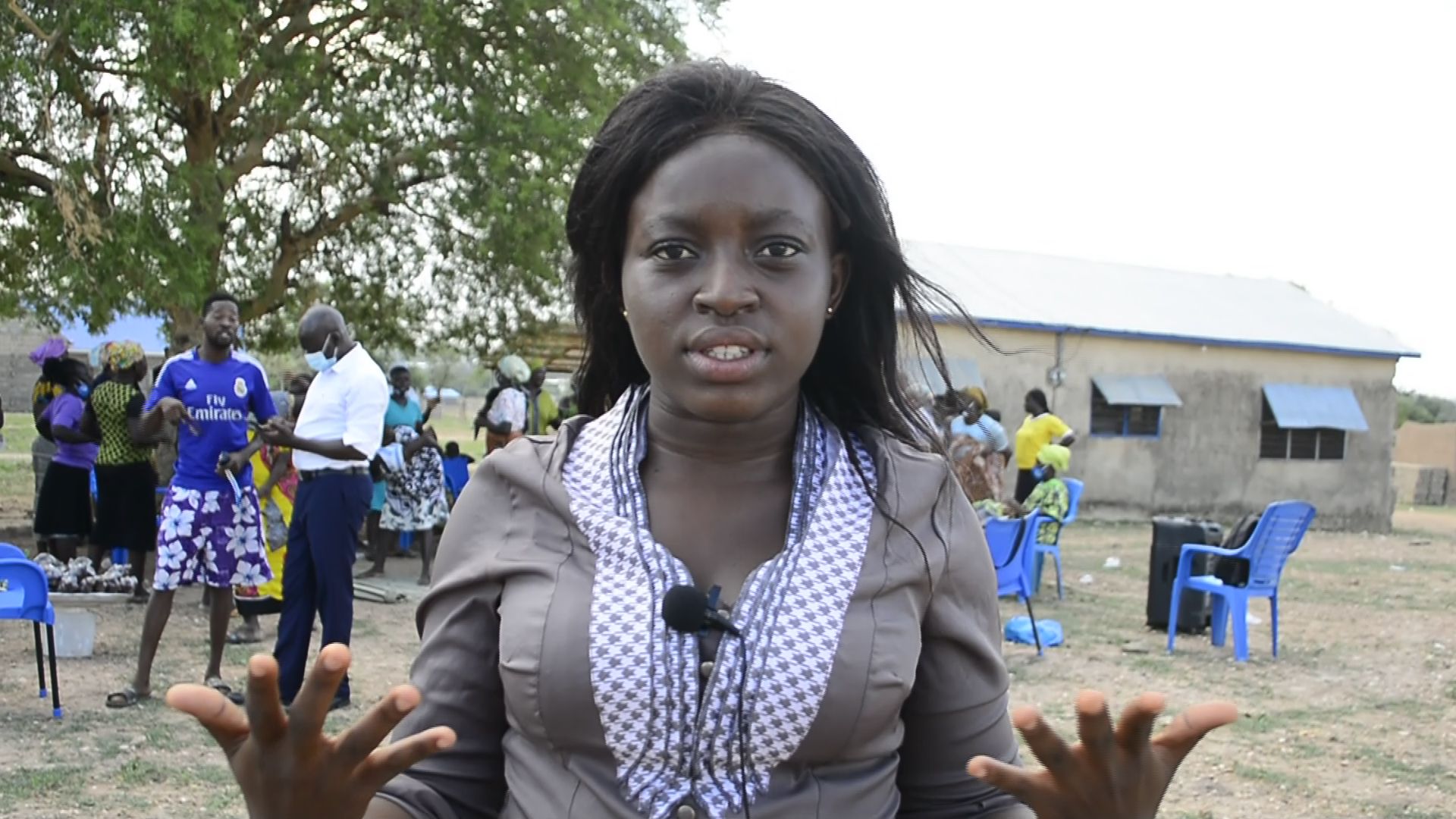
A Project Officer at the Widows and Orphans Movement, Rahinatu Ibrahim told A1 NEWS that the capacity building initiative was geared towards changing the narrative which denies females the rightful place to property inheritance in the Upper East Region.
When that is achieved, Ms. Rahinatu was optimistic that the effort of WOM will aid Ghana to attain the Sustainable Development Goal 5 by 2030.
Source: A1 Radioonline.com|101.1Mhz|Joshua Asaah

